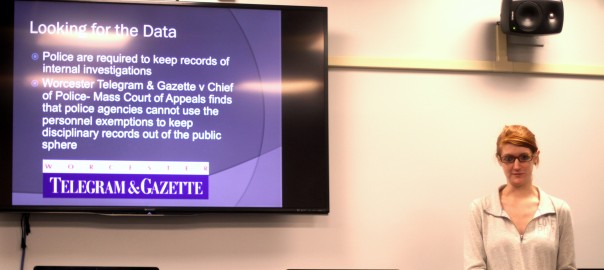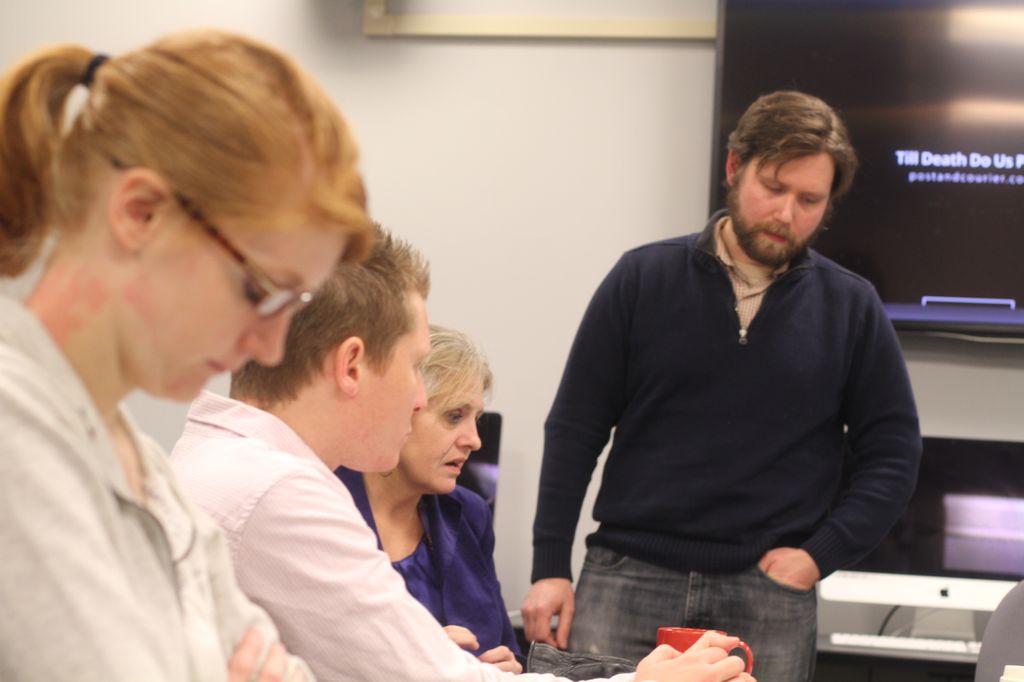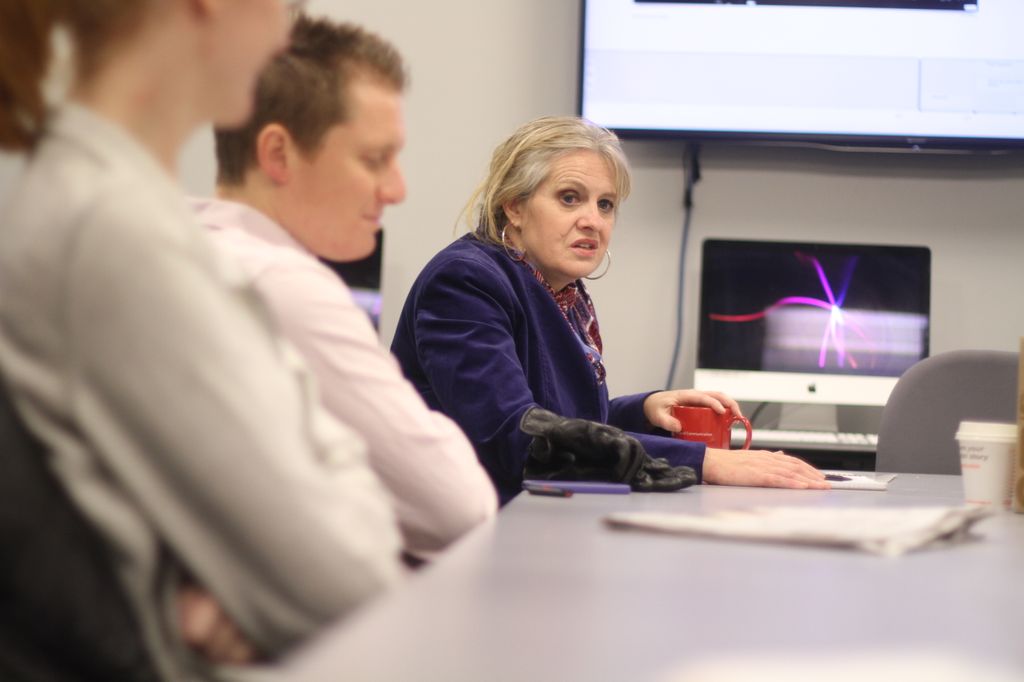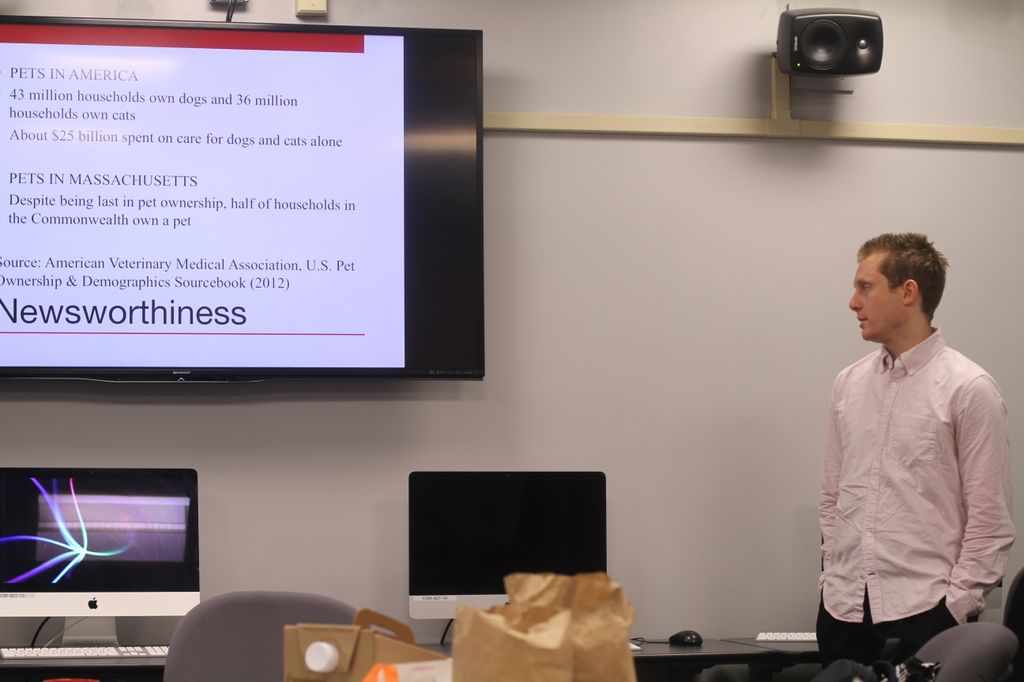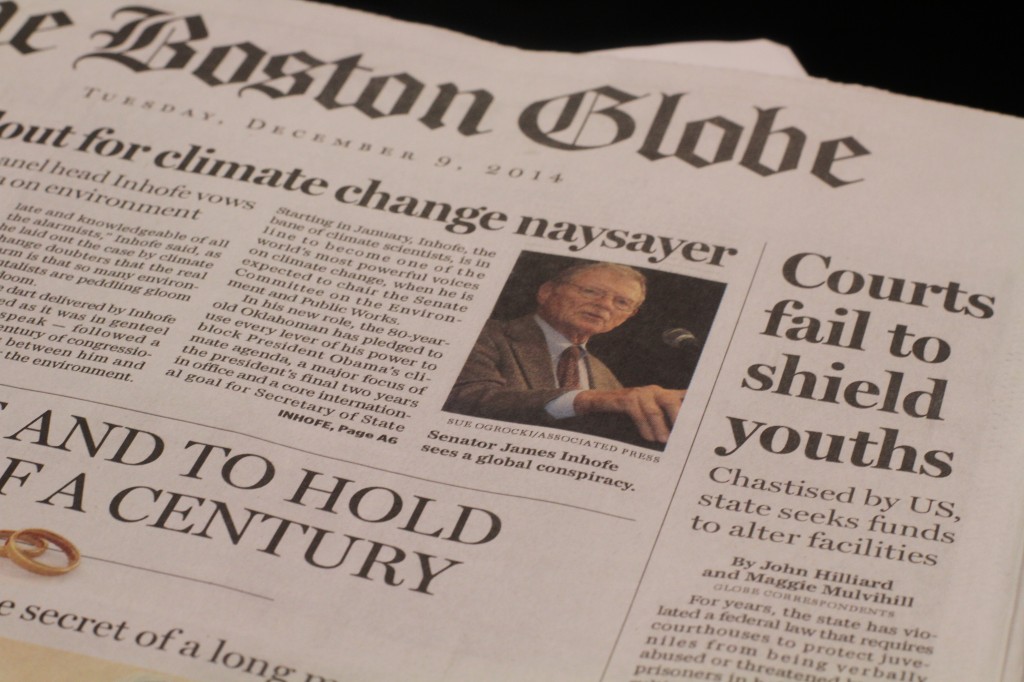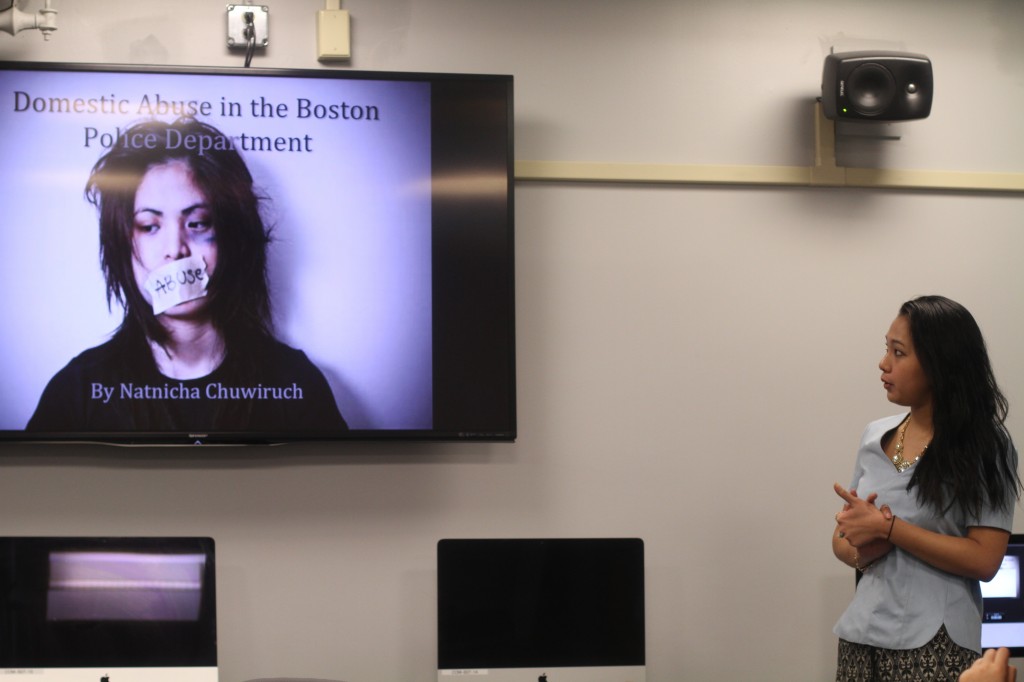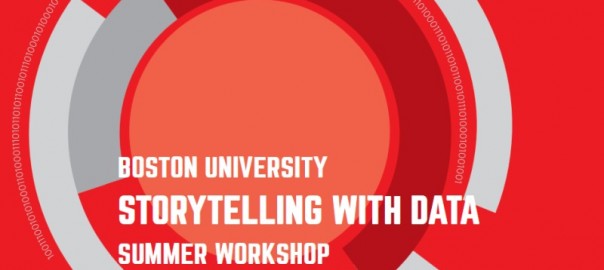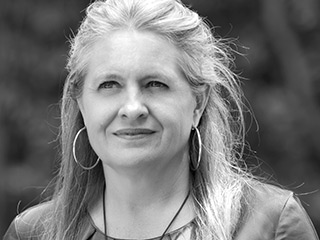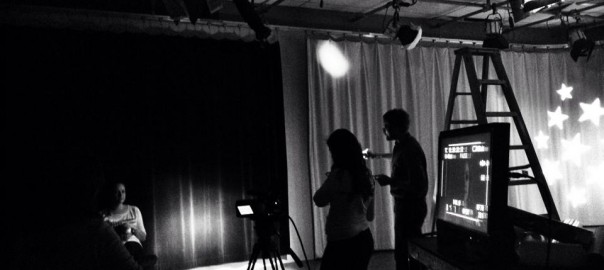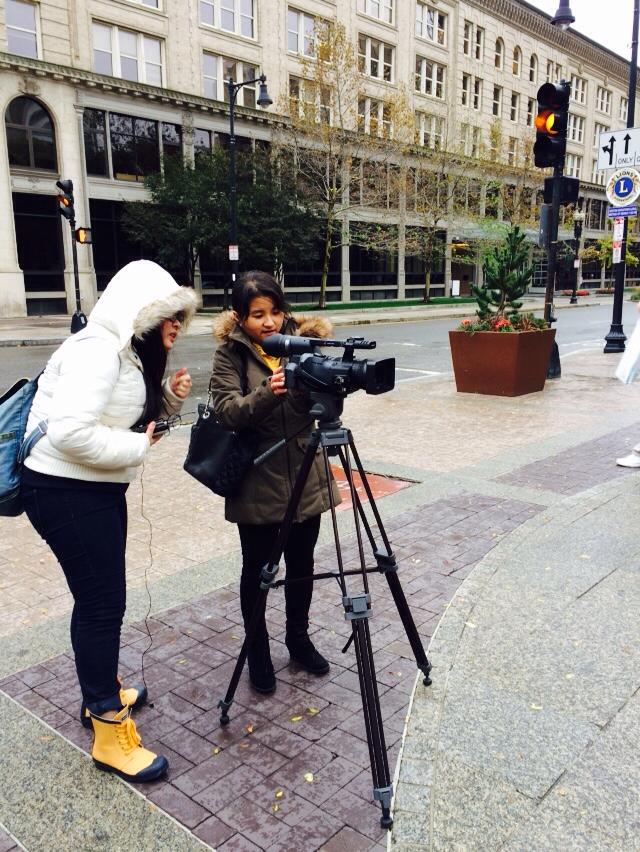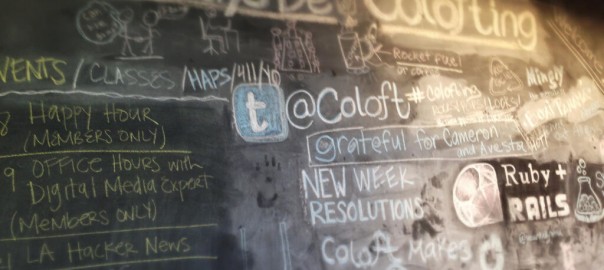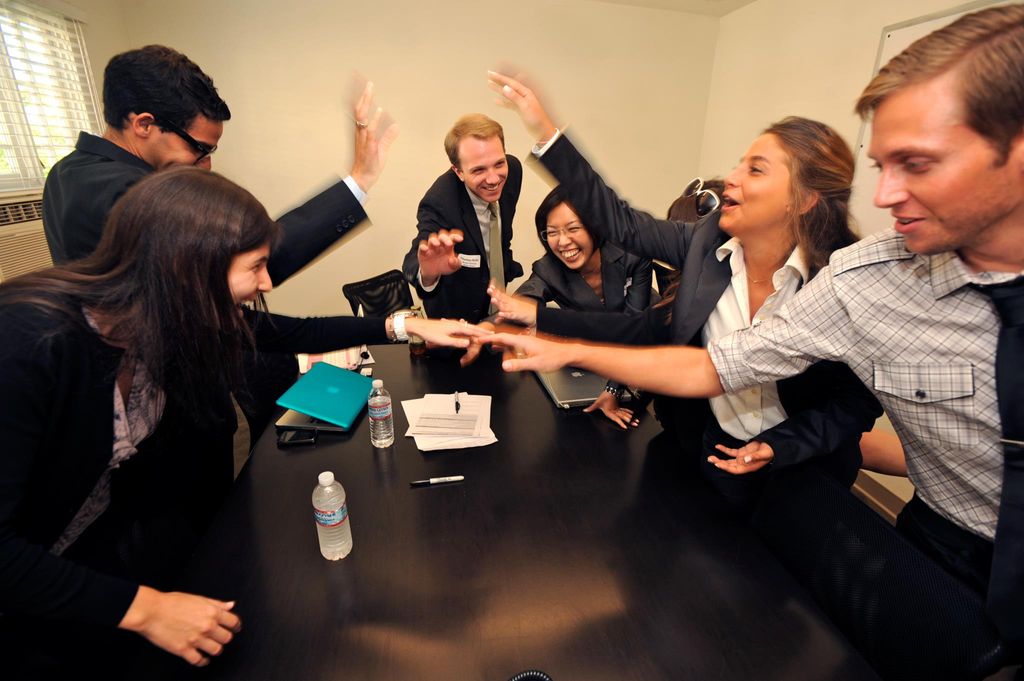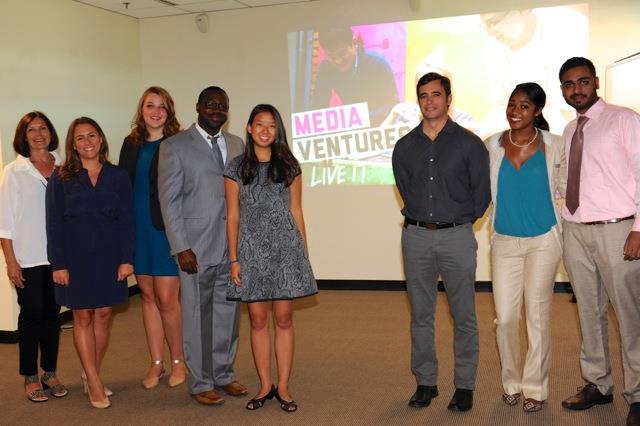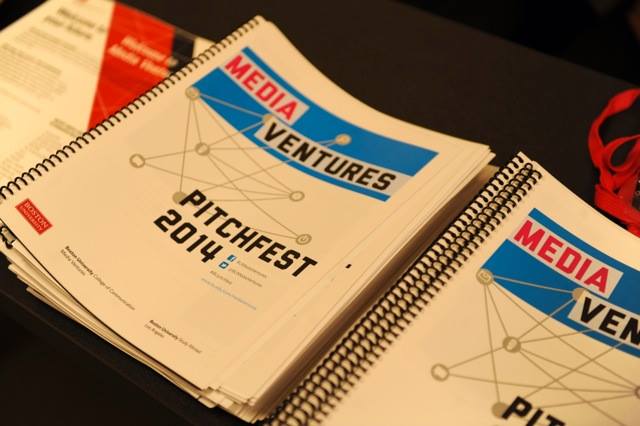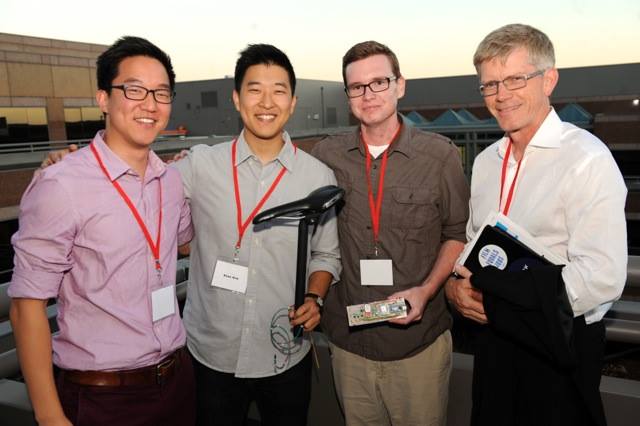By Keiko Talley
MS Journalism ’16
BU College of Communication
BU’s College of Communication (COM) offers an advanced Photojournalism class (JO513) taught by Pulitzer winning photojournalist, Greg Marinovich. In this graduate level course, students are taught how to produce long-form documentary work through the use of photos.

Throughout the course of the semester, students develop a chosen topic for their final multimedia project. This topic tells a certain story through the use of photos and other forms of multimedia. To prepare for their final projects, students shot and discussed their opinions on each other’s photos, as well as photojournalism ethics and conflicts surrounding professional work.
Ester Ro, an undergraduate senior, Pankaj Khadka, a first semester graduate student, and Dominique Riofrio a third semester graduate student are three students who took JO513 and completed the final multimedia project. Their final productions stood out amongst the class, as they displayed photojournalism skills way beyond the ordinary.
“Good projects take time”, says Riofrio on what she learned from JO513. “When working with people it takes time to develop a relationship, to understand their realities, and to be able to show that in photos or video”.
Riofrio’s final project is called “We will not leave” – resisting eviction in Boston. It is a short documentary that explains the story of the Lopez family who are fighting an eviction from their home in Chelsea, Mass., due to a higher rent demanded by their landlord without reason. Her documentary exposes displacement within Boston.
“We will not leave” Resisting Eviction in Boston from Dominique Riofrio on Vimeo.
Ro is a senior at Boston University, who took on a graduate level class. “I just saw it as the natural next step in photojournalism,” says Ro. “I enjoyed being in a class mixed with undergrad and grad students, but I think we were all more or less on an even playing field”. One of the perks to graduate school is that everyone comes with different backgrounds and levels of experience, so having an undergrad in a graduate level class is not uncommon.
Ro did her final project on her church in Boston, Highrock Brookline, bringing a more family oriented community that does more than just come together on Sundays to celebrate and pray. She chose to represent this family in a number of black and white photos that reflect what her church and the members of its community are like on a daily basis. Check out her project here.
Khadka is a first semester graduate student who claims Marinovich’s class has given him a better understanding of how to produce more compelling photo stories and take his time on his work.
Khadka’s final project is called The Mattapan Series: Blue Hill Artery, a multimedia project that documents life on the streets of Blue Hill Avenue. He explores the everyday lives of people living in the area and shows what it is that makes these neighborhoods, which are just five miles out of Boston, so unique. Check out his project here.
